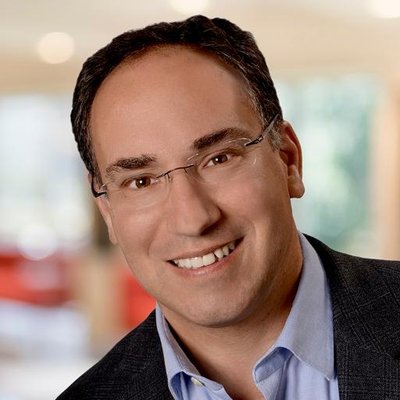
Whether we chose to take this year’s painful lessons to heart is up to us. 2020 has not only not been an exception; it has provided exceptional opportunities for learning by forcing us to face exceptionally difficult circumstances. The first most obvious challenge has been a massive global pandemic. But what are the lessons?
First, of course, is the lesson the need to listen to the experts who warn us about possibilities of threats. The most obvious example is climate change; where scientists have been sounding the alarm for decades that the pathway we are on will lead to catastrophic changes that will threaten millions of lives.
We need to understand the circumstances as well as the forces that inspire denial. Watching millions of people refuse to engage simple preventive measures during this pandemic, such as wearing a mask and practicing social distancing, does not bode well for the more difficult, and permanent, lifestyle changes that will be required to solve the systemic problems we are facing as a species and society.
An extension of the need to understand and overcome denial during the pandemic is also necessary. We must understand and address the pervasive misinformation that validates our opinions through the ever-increasing number of sources and teach people, ourselves included, how to discern uncomfortable facts from more easy accepted realities.
As if those were not difficult enough, we need to appreciate that some people will be asked to suffer more greatly than others, not only if we fail to meet the challenges, but also in the implementation of the solutions this pandemic is forcing on us. This cannot be acceptable; neither for moral or practical reasons. Those who are asked to shoulder the burden will most likely be those who are least responsible for the problems and least able to afford, financially or personally, the sacrifices we will need to make for the greater good.
We will need to reduce the "disparity of pain" and align accountability for making changes proportional with responsibility for causing the problems. This will lead to some resentment, of course, such as the position among many Americans that the cost burden for climate change should not rest so heavily on the United States, despite the fact that the country is the second-largest contributor to the emissions associated with climate change.
Another lesson from 2020 is that many of us can be just as productive and manage our work/life balance without being required to report each day to a central work location. Already we are seeing “remote” listed as a location in some job descriptions, and some companies have already signaled, and more will determine, that it is not in their best interests (they can save money and access a broader and more diverse talent pool) and so many are unlikely to return to pre-pandemic work practices. This brings benefits, but also challenges as “the best person for the job” will not be encumbered by physical distance from a central office, but competition for those jobs will not be limited either to those in proximity.
Again, this means those without access to high-speed internet connections will find themselves again disadvantaged from those opportunities; threatening to leave some behind, just as those who lost their factory jobs when manufacturing moved offshore - or to locations with less expensive labor.
The social unrest in the wake of the deaths of so many young, black men at the hands of our police have made many - regardless of gender or racial identity - more than a little skeptical of those in power and authority. Re-establishing trust will require re-earning that moral authority through visible and systemic reforms.
In an era where promises, whether they are made by politicians, business leaders or lay persons seem to last no longer than it takes to make them, follow-through will be necessary on everything, even the smallest things to earn the public trust.
Lastly, the biggest lesson that we must learn from the last year is that we cannot let our desire to return to what has been “normal” and familiar as quickly as possible, allow us to fall back into those same practices (and ideas) that contributed to the situations we are now – finally - confronting.
Image credit: Kevin Grieve/Unsplash

John Friedman is an award-winning communications professional and recognized sustainability expert with more than 20 years of experience as both an external and internal sustainability leader, helping companies live their values and engage in authentic conversations by integrating their environmental, social, and economic aspirations into their cultures and business practices. He's the author of Managing Sustainability: First Steps to First Class.
John Friedman is Managing Director, ESG & Sustainability Services for Grant Thornton, LLP.
On digital media, Friedman is recognized as a thought leader; on TriplePundit’s List of the Top 30 Sustainability Bloggers on Twitter, #3 on GreenBiz list of most influential 'Twitterati', #14 on Guardian Business’ 30 most influential sustainability voices in America, was voted #4 of the "100 leading voices in CSR" by Global CEO Magazine readers, and has regularly been included among the top voices in CSR by Forbes.














